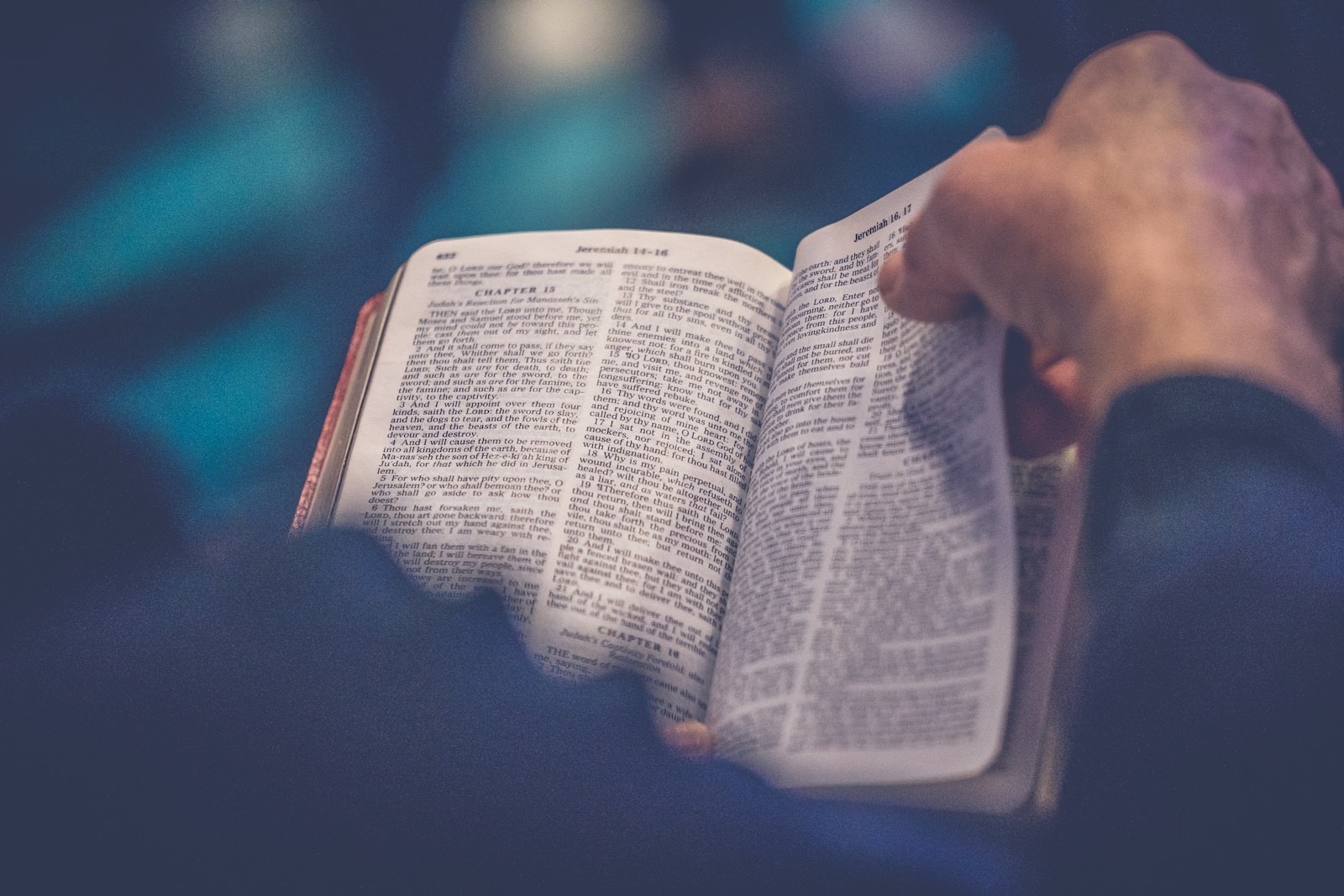During this time of Advent and Christmas, the church rightly turns its attention to the mystery of the Incarnation. That God became man, while remaining fully God, is one of the deepest biblical doctrines to plumb.
Whenever there is some intersection of the human and the divine, there is a fathomless mystery at work—divine election and human freedom, divine and human authorship of Scripture, divine agency and human action. So it is with the Incarnation: the mystery of how one Person could come to have two natures, without dividing the Person or mixing the natures. Orthodoxy always seems balanced on a knife-edge: the fall into heresy is swift if one attempts to explain away the biblical data while leaning too heavily to one side or the other.
One way to illustrate the peril and the precision which is required when handling this doctrine is to consider the doctrine of impeccability. Simply put, impeccability states that Christ was not able to sin. When it is put as prosaically as that, the usual pushback is that the doctrine of impeccability makes a farce of Satan’s temptation of Jesus. Why tempt One who is immune to temptation, and unable to fall? One may as well seek to lure herbivores with red meat, or entice the deaf with a beautiful melody.
Those comparisons are flawed, as we’ll see. Before we answer the question of temptation, we should begin with the two natures of Christ, and how they affect impeccability.
Christ is fully God. God cannot sin, for sin is a violation of God’s will and nature. God cannot be other than himself. For this reason, sin is not tempting to God at all (Jas 1:13).
Christ is fully man. Born of a virgin, and through the miracle of divine conception, Jesus was born without a sin nature. Adam before the fall was able not to sin. Adam after the fall, with a sin nature, was not able not to sin. Christ’s human nature was as Adam’s pre-fall: able not to sin.
Whatever is true of the nature propagates to the Person, according to that nature. According to his divine nature, Christ was not able to sin. According to his human nature, Christ was able not to sin.
Whatever belongs to natures, Christ has two of, and whatever belongs to Persons, Christ has one of. Christ has a divine will (identical to the will of the Triune Godhead), and a human will (“not My will but Thine be done”, Jesus said in the Garden). It is impossible for the divine will to sin. It is possible for the unfallen human will not to sin. These two unite in the hypostatic union, where the Formula of Chalcedon describes the union as, “two natures unconfusedly, unchangeably, indivisibly, inseparably; the difference of the Natures being in no way removed because of the Union, but rather the properties of each Nature being preserved, and (both) concurring into One Person and One Hypostasis; not as though He was parted or divided into Two Persons, but One and the Self-same Son and Only-begotten God, Word, Lord, Jesus Christ.”
Here we see the nearly unbearable weight of this doctrine upon human understanding. If we were to say that the divine nature canceled out any ability to sin, that would be the heresy of Eutychianism, mixing the natures. If we said that he never did possess any real human inclinations but only a human body, we’d be guilty of Apollinarianism. If we claimed that “his human side” could sin, we would be guilty of Nestorianism—dividing the person into two. If we claimed that Jesus the Man could sin and only avoid sin because of God’s presence, we’d be close to Ebionism, denying the divinity of Christ.
Instead, we are left with the same kind of conundrums we have in other areas. According to his divine nature, Jesus is omnipresent; according to his human nature, Jesus is localized in a glorified body. According to his divine nature, Jesus was immortal; according to his human nature, Jesus could die. These are both true in the Person, without canceling the other out.
Natures don’t sin, persons do, and it is simply impossible that the Person who is God could sin.
In the case of whether Jesus could have sinned, most theologians have landed on impeccability. There have been exceptions, Charles Hodge and A. W. Tozer being two notable ones. But most have decided that a nature that cannot sin when united with a nature that is able not to sin leads to a Person who is not able to sin. Impossibility united with mere potential seems to still result in impossibility. Natures don’t sin, persons do, and it is simply impossible that the Person who is God could sin.
This returns us to the temptation of Christ. What was the point of tempting an impeccable Person? First, we are not sure of what Satan knew of the incarnate Christ’s peccability. If it is a mystery to us, it could certainly have been a mystery to spiritual forces of darkness. Second, the fact that Jesus could not sin is not the reason he did not sin. It is true that Jesus could not sin. But the writer of Hebrews never posits Christ’s divine nature as the reason for his perfection. Instead, we read that “he learned obedience by the things He suffered” (Heb. 5:8). In other words, Jesus did not sin because of his faith and obedience—the same tools available to us.
Bruce Ware illustrates this with a long distance open-water swimmer. Such swimmers have support boats trailing them. These make it impossible for them to drown. The support boats, however, are not the reason they do not drown. The reason they do not drown is because they keep swimming with endurance, and finish the race. Yes, Jesus had the “support boat” of his divine nature: he could not sin. But the reason he did not sink into sin was that he kept obeying, kept trusting, kept resisting Satan to the end.
Jesus did not sin because of his faith and obedience—the same tools available to us.
Behold, the wondrous mystery: God and Man, the Word made flesh, the born child who is the Mighty God.
Come, let us adore him.




